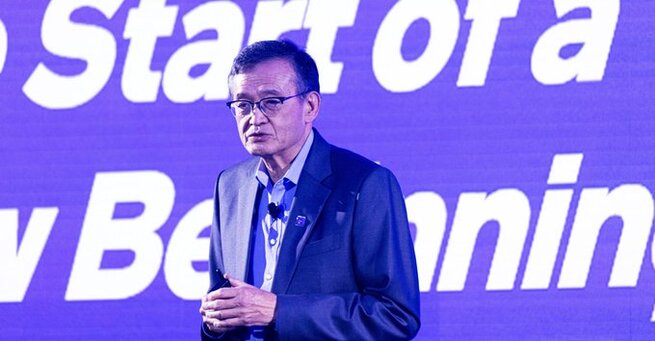
Trump Demands Intel CEO Resign Over Alleged China Ties
Former U.S. President Donald Trump has publicly demanded that Intel CEO Lip-Bu Tan step down due to reported ties with Chinese tech companies. This bold call came after questions arose from U.S. lawmakers about whether Tan’s past investments in Chinese firms could conflict with national security interests. The focus keyword Intel CEO resignation captures the growing public and political pressure surrounding this issue. With Intel already facing major restructuring challenges, the leadership controversy adds a new layer of uncertainty for the tech giant.
Intel CEO Resignation Sparks Political and Security Debate
Trump’s demand followed Arkansas Senator Tom Cotton’s concerns during a congressional inquiry into Intel’s leadership. Citing Tan’s prior financial involvement with over 600 Chinese technology firms—some reportedly linked to China’s military—Trump stated there was "no other solution" but for the Intel CEO to resign. Tan, who was appointed to lead Intel in March 2025, had promised to drive a turnaround for the struggling chipmaker. But critics argue that any perceived conflict of interest with China poses too great a national security risk, especially as Intel plays a critical role in the U.S. defense supply chain.
Intel’s Struggles Add Fuel to the Resignation Demands
Tan took the helm during a turbulent time at Intel. His predecessor, Pat Gelsinger, had failed to regain technological leadership from competitors like TSMC. Intel’s delays in adopting EUV lithography and its missteps in AI chip development worsened its global position. Just weeks before the controversy, Intel announced massive layoffs and the cancellation of expansion projects in Europe. For many industry observers, the Intel CEO resignation issue is not just about national security—it also reflects growing frustration with Intel's performance and its leadership’s ability to execute a competitive roadmap.
Intel Responds to Allegations, But Uncertainty Lingers
In response to Trump’s statement, Intel reiterated that both the company and Tan remain committed to U.S. national security and the integrity of their role within the defense ecosystem. Intel also stated that Tan had divested from his Chinese holdings, though it’s unclear to what extent. Still, the demands for his resignation signal a growing rift between political expectations and executive leadership in critical tech sectors. As scrutiny intensifies, the debate over the Intel CEO resignation continues to raise broader concerns about foreign ties, corporate governance, and the future of U.S. semiconductor independence.
𝗦𝗲𝗺𝗮𝘀𝗼𝗰𝗶𝗮𝗹 𝗶𝘀 𝘄𝗵𝗲𝗿𝗲 𝗿𝗲𝗮𝗹 𝗽𝗲𝗼𝗽𝗹𝗲 𝗰𝗼𝗻𝗻𝗲𝗰𝘁, 𝗴𝗿𝗼𝘄, 𝗮𝗻𝗱 𝗯𝗲𝗹𝗼𝗻𝗴. We’re more than just a social platform — from jobs and blogs to events and daily chats, we bring people and ideas together in one simple, meaningful space.